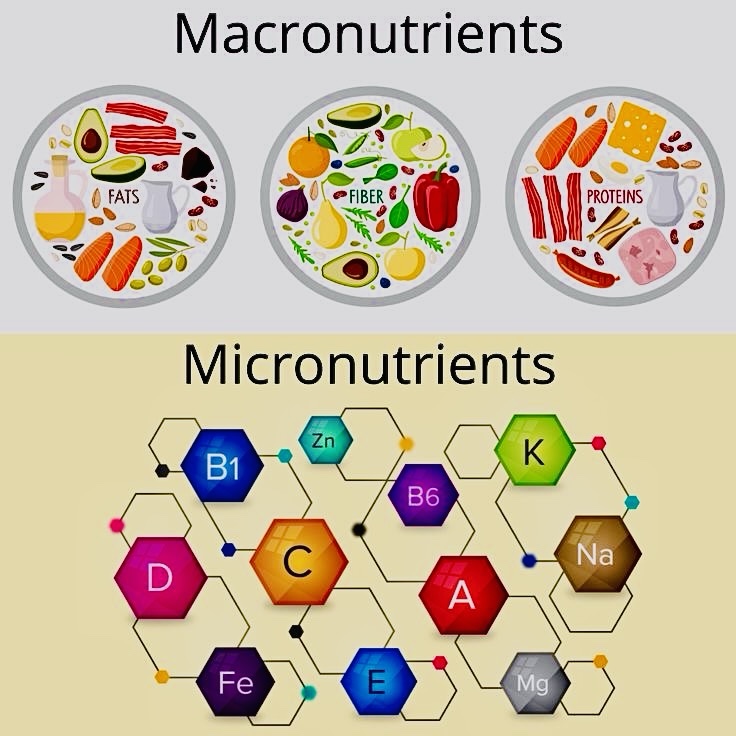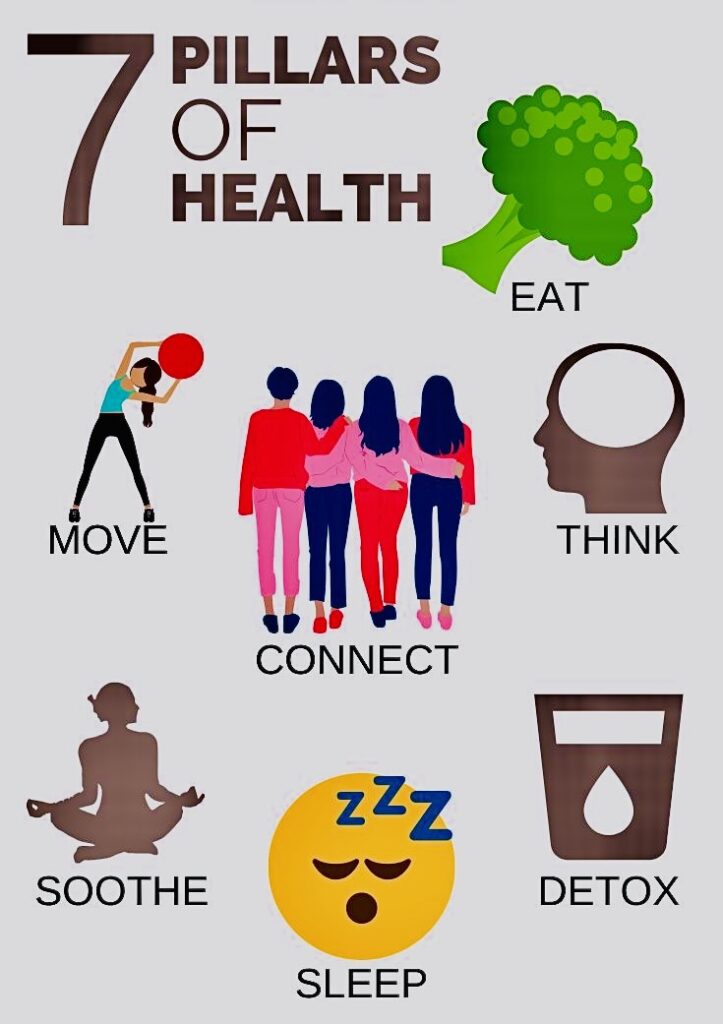Introduction
Living a healthy vegan lifestyle involves more than just making dietary changes; it’s a comprehensive strategy that takes ethical issues, environmental awareness, and physical health into account. Veganism’s appeal is growing as more people become aware of how their decisions affect both the environment and their own health. From mindful living to nutrition, this article examines the essential elements of a healthy vegan lifestyle.
Nutrient-Rich Vegan Diet:
Contrary to popular belief, a well-planned vegan diet may give the body all the vital elements it requires. Legumes, tofu, and quinoa are a few examples of plant-based protein sources. A wide variety of vibrant fruits and vegetables also guarantees a plentiful supply of antioxidants, vitamins, and minerals. Because of their diet’s high fiber content, vegans frequently have improved digestion, less cholesterol, and a decreased risk of heart disease.

Balanced Macronutrients:
Maintaining energy levels and general health requires ensuring a balance of macronutrients. Nuts, seeds, and whole grains provide good fats, and fruits and vegetables provide carbohydrates. Striking the correct balance is essential because vegan diets can occasionally be low in specific minerals, such as iron, omega-3 fatty acids, and B12. These issues can be resolved by taking supplements or including fortified foods.

Mindful Eating Practices:
Mindful eating is encouraged by a healthy vegan lifestyle in addition to dietary awareness. An awareness of hunger and fullness cues, flavor profiles, and dietary origins all help one develop a more mindful connection with nutrition. This awareness extends to ethical and sustainable decision-making, encouraging locally produced, organic, and cruelty-free goods wherever feasible.
Environmental Impact:
Reducing one’s environmental impact is one of the main motivations for switching to a vegan diet. Water pollution, greenhouse gas emissions, and deforestation are all significantly impacted by animal husbandry. People actively support biodiversity, the preservation of natural resources, and the general health of the world by making plant-based food choices.
Physical Activity and Well-Being:
Frequent physical activity is a component of a holistic approach to health. An active lifestyle combined with veganism improves metabolism, cardiovascular health, and general well-being. The nutritional components of a healthy vegan lifestyle are enhanced by participating in a range of physical activities, such as strength training, flexibility training, and cardiovascular workouts.

Social and Emotional Well-Being: Embracing a vegan lifestyle frequently entails finding a group of people who have similar beliefs. Emotional support and encouragement are given by this feeling of belonging. Furthermore, feeling as though one’s decisions are in line with one’s values might support improved emotional health and a feeling of direction.
Conclusion:
A healthy vegan diet is a transforming way of life that puts ethical issues, environmental sustainability, and individual well-being first. It’s not just a diet. People can thrive within the constraints of a vegan diet on a physical, emotional, and ethical level by adopting nutrient-rich foods, engaging in mindful eating, and supporting sustainable activities.